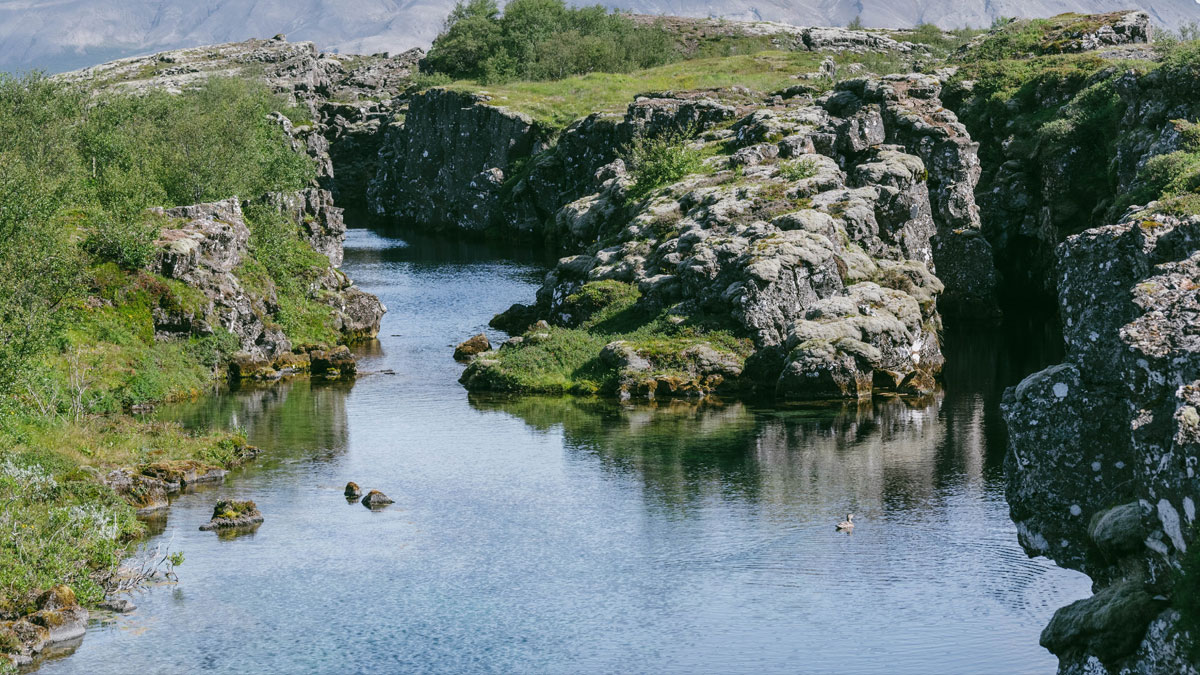Disclaimer: The information on our website is provided for general information purposes only. We make no representations or warranties of any kind, express or implied, about the completeness, accuracy, reliability, suitability or availability with respect to the website or the information contained on our website for any purpose. Any reliance on such information is therefore strictly at your own risk and we are not liable for any damages or losses arising out of or resulting from your reliance on any information contained on our website.
A seismologist studies seismic activity, such as energy waves that occur in the Earth from rocks breaking and shifting, the movement of tectonic plates, or fracking for petroleum, water, or natural gas. Because of the various reasons for seismic activity and the impact that has on the environment, some seismologists may specialize in one area such as volcanos or petroleum exportation.
Watch a video to learn from a seismologist:
How to Become a Seismologist
To become a seismologist, you would first earn a bachelor’s degree in geophysics, physics, or geology. Since your bachelor’s degree may be in a related field but not specifically in seismology, gaining an internship before graduating is helpful for the experience. Though your stepping stone is a bachelor’s degree, you may find many employers looking for applicants with a master’s degree. According to O*NET OnLine, almost 40% of the geoscientists surveyed held a masters or doctorate degree. If you are looking at a career in advanced research, you will likely need to continue onto your doctorate.
Since seismologists computers to analyze their data, being highly proficient with computer technology is also a must. If you have yet to graduate high school, take as many science, math, and computer courses that you can as a strong foundation can help you out in college.
Job Description of a Seismologist
A seismologist studies the composition of the Earth and it’s structures and analyzes seismic activity that occurs. They work in a variety of industries. They may identify the potential of a hazardous seismic event to the public or may evaluate the impact a nuclear explosion has or would have on an area of land. They also track volcanic activity to see how active a volcano may be. They also report their findings to government agencies or engineering companies to help them make informed decisions.
Volcano Seismologist Career Video Transcript
One of the important parts of this job is satisfying the USGS mission of mitigating hazards, mitigating the effects of hazards and so one of the primary ways that we do that is to provide a warning to folks who are living in harms way or near volcanos that might be impacted by an eruption. The volcanos, when magmas moving through the Earth, it makes noise, it breaks rock, it moves the volcano and almost always there’s usually seismic unrest that’s a part of that, and so the job of the volcano seismic network is to be able to detect all of the possible signs and symptoms that might be pointing towards magma moving toward the surface and getting closer towards eruption.
One of the tools of volcano seismology is the seismic network. We need to have seismometers out in the field recording the signs and symptoms of the volcano that may or may not be restless. So a seismic network typically consists of anywhere between 1 and 20 seismic sensors and one of the clear lessons over the last 20-30 years is the more sensors, the better. That gives you a lot more capabilities to do a better job of interpreting seismic signals. Those seismometers are out in the field. They’re attached to radio systems that are beaming the data back to our offices here or two of the offices of our partners up at the Pacific Northwest Seismic Network at the University of Washington.
One of the things that is really, really exciting about working in an observatory is you have all these folks with different specialties; geologists, hydrologists, geophysicists, geochemists, all coming together speaking a common language which is volcanos and bringing their expertise to bear.
Article Citations
Bureau of Labor Statistics, U.S. Department of Labor, Occupational Outlook Handbook, Geoscientists Pay.
Bureau of Labor Statistics, U.S. Department of Labor, Career Outlook, You’re a What? Seismologist.
National Center for O*NET Development. 19-2042.00. O*NET OnLine.

